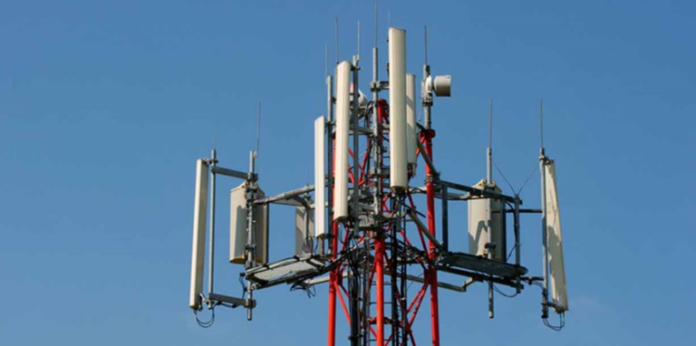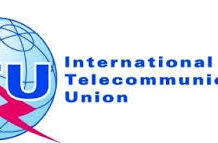The Nigerian Communications Commission (NCC) has revealed that Nigeria has recorded over 50,000 cases of telecom infrastructure vandalism in the last five years, a trend that continues to threaten the stability and growth of the country’s telecommunications sector.
The alarming figure was disclosed by the NCC’s Executive Vice Chairman, Dr. Aminu Maida, during a stakeholder sensitisation workshop in Abuja. He described the persistent destruction and theft of telecom facilities as a major threat to national security, economic development, and the goal of universal broadband access.
“These acts of vandalism disrupt critical communication services, affect the quality of calls and internet connectivity, and impose huge replacement and maintenance costs on service providers,” Maida said. He noted that the impacts are often felt most severely by subscribers in rural and underserved communities who rely on stable networks for business, education, and emergency services.
Telecom operators spend billions of naira annually repairing damaged infrastructure, which in turn drives up the cost of service delivery for millions of Nigerians. The Commission warned that unless the trend is curbed, it could undermine the country’s digital economy ambitions.
The NCC urged communities to take ownership of protecting telecom infrastructure in their areas, stressing that safeguarding network equipment should be viewed as a shared responsibility. The Commission is ramping up public awareness campaigns and has launched a 24-hour toll-free line — 622 — for citizens to report suspicious activities around telecom installations.
Industry stakeholders have repeatedly called for stricter enforcement of existing laws and stiffer penalties for vandals. Security experts have also advocated the deployment of surveillance technologies and collaboration between telecom firms and local law enforcement to deter criminal networks that target fibre-optic cables, base stations, and power supply units.
The Commission said it will continue to work closely with operators, community leaders, and security agencies to identify hotspots, share intelligence, and raise awareness on the socio-economic consequences of infrastructure vandalism.
With Nigeria’s mobile and broadband penetration continuing to grow, the NCC maintains that protecting telecom facilities is critical to sustaining connectivity gains, driving investment in underserved regions, and ensuring that all Nigerians benefit from digital services without interruption.
















